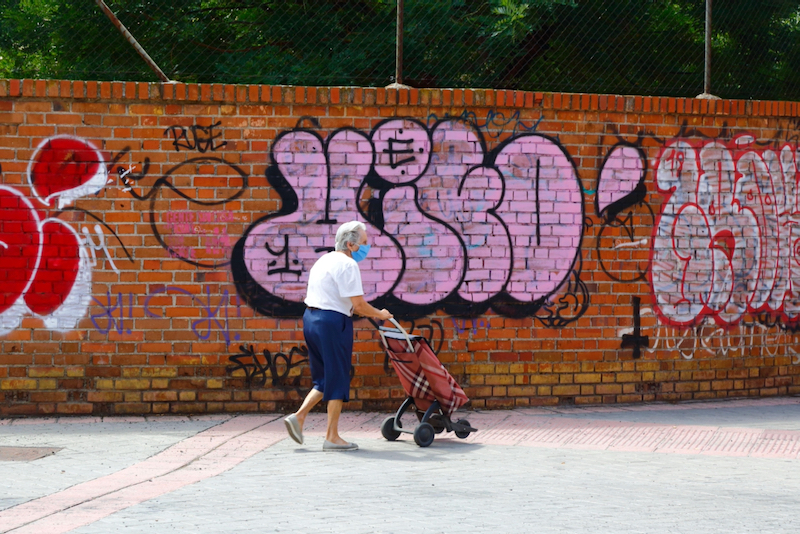A new report has found that the Covid-19 pandemic inflamed underlying health inequalities across the EU and saw the erosion of health coverage for many people.
According to Fr Sean Healy SMA, chief executive of Social Justice Ireland which published the report, “Pre-existing health inequalities within the EU have been both exposed and deepened during the Covid-19 pandemic, with vulnerable social groups disproportionately negatively affected.”
The report, From the Crash to Covid and Beyond: A review of the social situation in Europe, finds that the pandemic showed the need for universal access to quality healthcare in the EU and the importance of accessible, efficient and well-resourced primary care and healthcare systems.
Launching the report, Fr Healy said the legacy of the pandemic could continue to impact EU member states with weaker or more unequal health provision leading to increased health problems among those who have missed out on treatment as a result of the pandemic.
Against the backdrop of the worst public health crisis in a century, the issue of access to healthcare and of reducing health inequalities was “absolutely central to ensuring an effective, equitable and lasting recovery,” Michelle Murphy, Research and Policy Analyst at Social Justice Ireland highlighted.
She said that there had been “an enormous rise” in unmet medical needs – jumping from one-in-fifty in 2019 to closer to one-in-five in 2020 and that the data showed that those on low incomes were worst affected.
The report underlines that low-income people along with certain other groups will require a special focus to ensure that they benefit from the wider post-pandemic recovery.
Twelve years on from the last major financial shock, and after seven years of continuous growth, the report notes the profound impact of the pandemic on Europe’s society and economy and how it laid bare and accentuated structural disadvantages, vulnerabilities and inequalities in the labour market.
The first year of Covid-19 saw the EU dealing with as many as nine million unemployed and five million living in poverty - over 3.5 million more than in 2008. Large inequalities in life expectancy persist; on average across EU countries, 30-year-old men with a low education level can expect to live about seven years less than those with a university degree or the equivalent.



 Loading ...
Loading ...